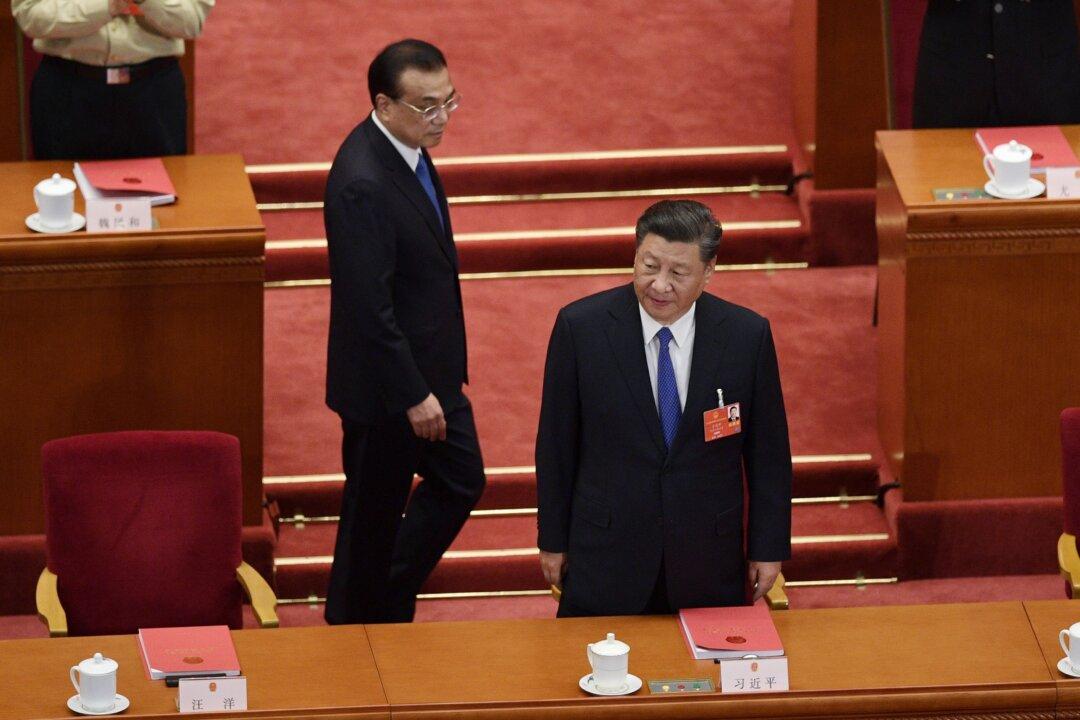When Chinese Premier Li Keqiang promoted the idea of setting up a “street vendor economy” to alleviate the country’s unemployment crisis due to the pandemic, it took many by surprise.
For years, clearing away street vendor stands was a priority in big cities. In 2017, authorities established special “urban management” police to enforce regulations forbidding street vendors from selling goods—citing the importance of maintaining a hygienic and civilized image.





